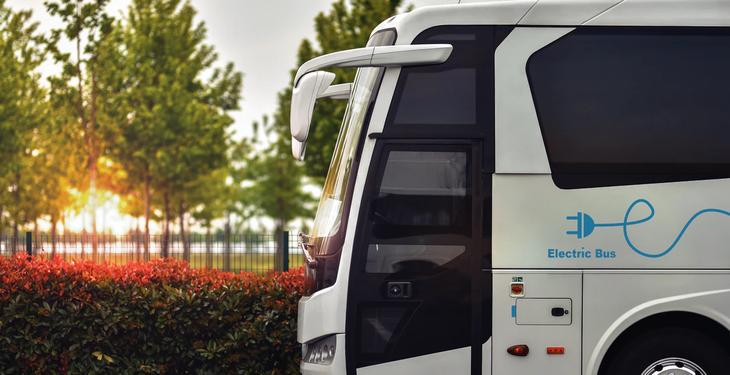Global sales of electric cars are strong, but governments need to do more to encourage their development, requiring action on charging stations and banning fossil fuel vehicles, says the International Energy Agency (IEA), according to Reuters.
While the COVID-19 pandemic led to a 16% drop in global car sales in 2020, electric car sales rose 41% to three million vehicles. According to the IEA in the first quarter of this year, sales of electric vehicles exploded by 140%, to 1.1 million vehicles, with solid growth in China, Europe and the United States.
“We see no sign of a slowdown in the global electric car market,” said Timur Gul, director of the IEA’s energy technology division, according to Agerpres.
However, a study published last week by the Munich Mobility Show highlights huge differences in the ownership of electric cars worldwide, given that there are very few such vehicles on roads in large markets such as Russia, South America and Africa.
The number of electric vehicles (cars, vans, trucks and buses) would reach 145 million by 2030, if current trends continue, the IEA has calculated.
“But the global fleet could reach 230 million if governments accelerate their efforts to achieve international climate and energy goals,” IEA analysts said.
Globally, consumers spent about $120 billion on electric vehicles in 2020, while governments allocated about $13 billion on subsidies, the equivalent of about 10% of total spending, down from 20% of total expenses in 2015.
